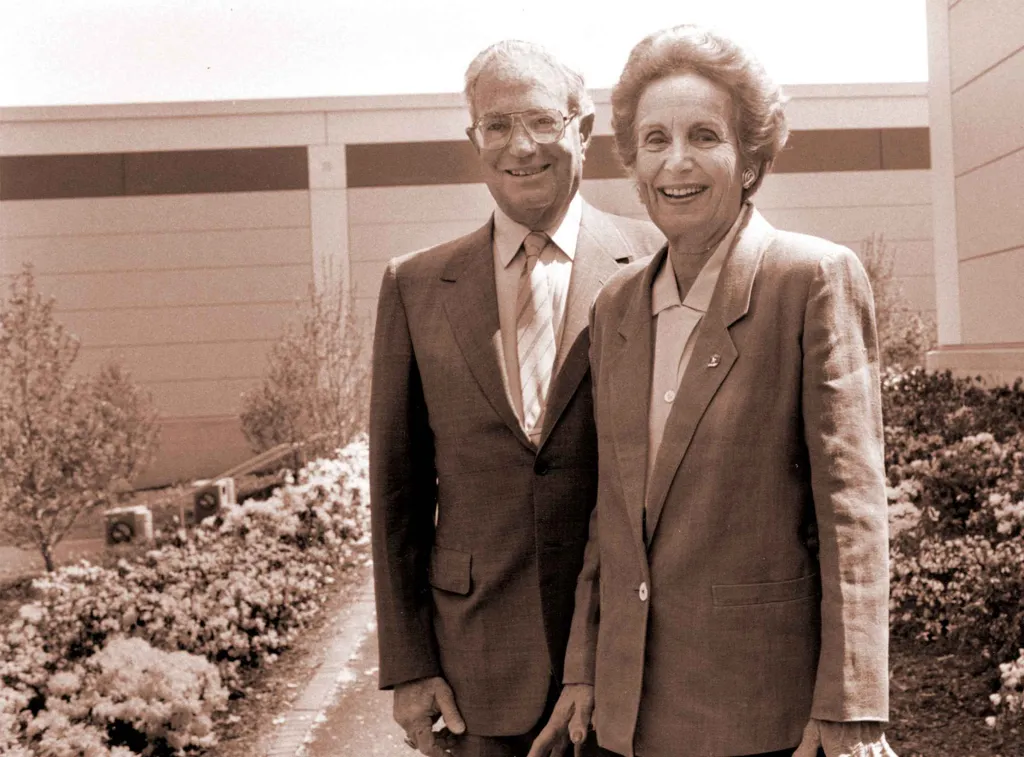
We are looking ahead to the future, ever dedicated to finding ways the Fund can make a unique contribution to this very special place in which we live.
Evelyn D. Haas
Explore our digital timeline to learn more about the Fund’s work and to find out about the heroic accomplishments of the leaders and organizations we have the privilege of supporting.

As we continue to refine our strategies and grantmaking practices, our 2023 Grantee Perception Survey results provide helpful guidance on how we can better partner with our grantees.
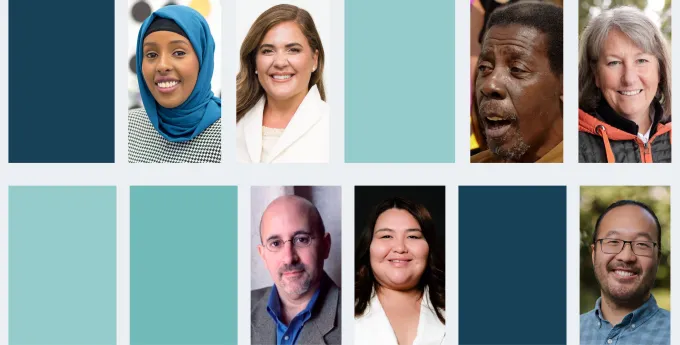
Since our founding in 1953, one thing has been central to our grantmaking—the people and organizations on the front lines of social change that help us carry forward the legacy set by our founders Evelyn and Walter Haas.
While we’ve been privileged to partner with hundreds of leaders advancing transformative change over the years, we asked seven of them to reflect on our guiding mission to advance justice, hope, and equality, as well as our values of inclusion, respect, collaboration, and courage and why they’re important to achieving our shared goals.
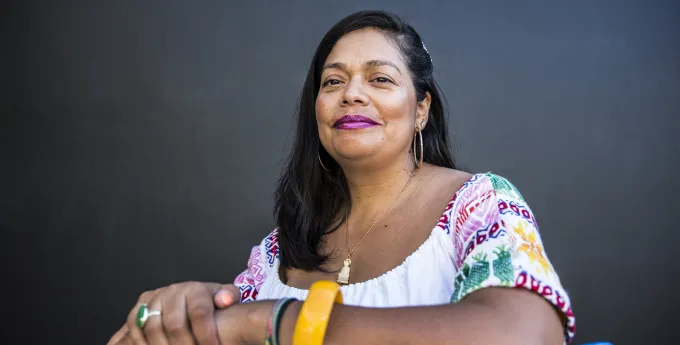
At the Haas, Jr. Fund, we know that strong, compassionate and capable leaders are key to fulfilling the promise of these and other movements for change. That’s why we are so excited to see how the Fund’s longstanding work to strengthen nonprofit and movement leadership has blossomed to become an independent entity, The LeadersTrust.
Alongside other funders, we launched The LeadersTrust earlier this year—and now this new organization is welcoming its first executive director, Sidney Hargro. Sidney is a nationally known leader with a career-long commitment to advancing racial equity and social justice through smart and innovative philanthropy. He is the right person to move The LeadersTrust into high gear as it sets out to support more people and organizations to deliver on their goals for their communities and the world.
The Haas, Jr. Fund joins nearly two dozen funders to announce the launch of the California Black Freedom Fund, a $100 million initiative dedicated to Black power-building and organizing in California. This first-of-its-kind fund is co-created with Black leaders and organizers to ensure that California’s growing ecosystem of locally rooted Black-led organizing efforts have the sustained investments and resources they need to eradicate systemic and institutional racism.
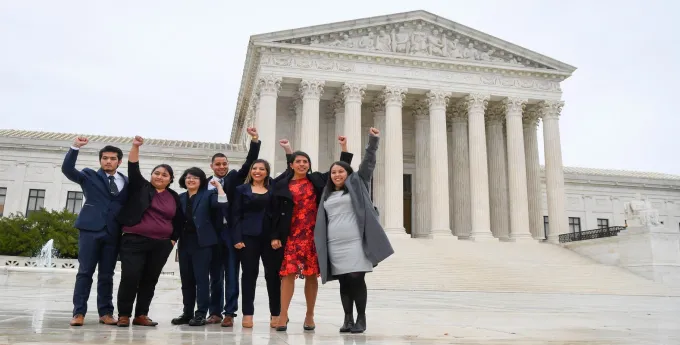
The Fund launches its Democracy program with a focus on increasing civic participation and representation for communities in California that have long been underrepresented in our democratic processes.
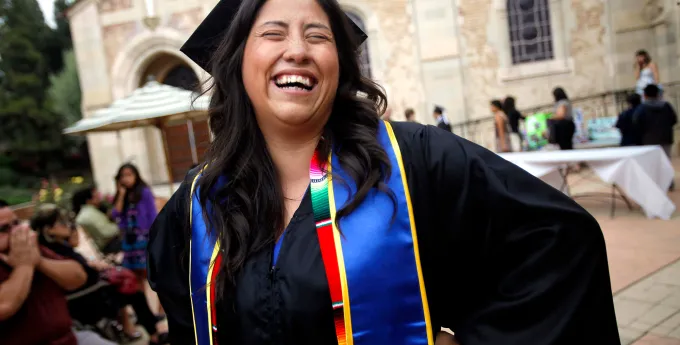
The Fund launches its College Success program with the mission to reduce the financial barriers to a college degree and the opportunities that come with it.
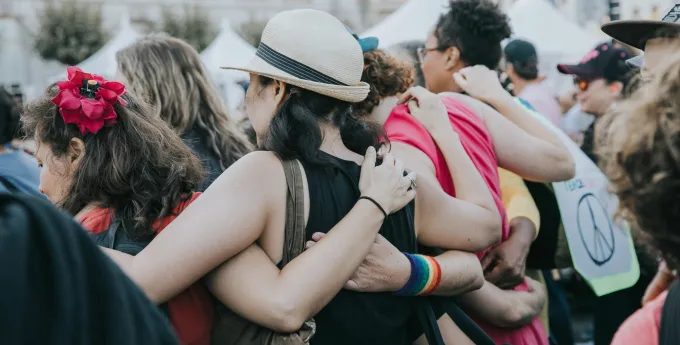 Photo by Jamie Thrower
Photo by Jamie Thrower
Jennie Lehua Watson steps down after 18 years on the Fund’s staff, including her final two years as President. In a farewell message, Watson expresses confidence that the Fund and its partners will build a better, brighter future despite the challenges of the moment.
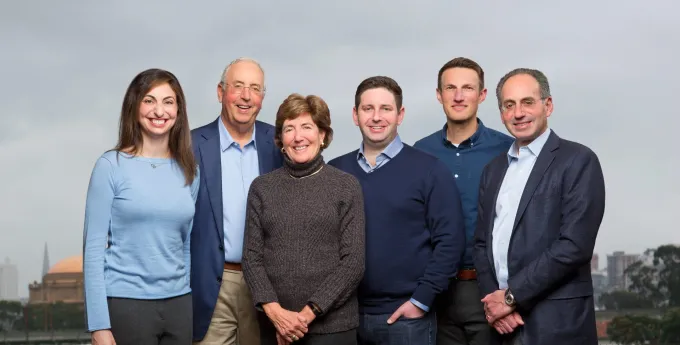 Photo by Tue Nam Ton
Photo by Tue Nam Ton
In March, the Haas, Jr. Fund officially welcomed three members of the third generation of the Haas, Jr. family to the Board of Directors: Elise Haas, Jesse Eisenhardt, and Walter A. Haas III.
Raquiba LaBrie, a former senior leader with the Open Society Foundations, starts work as program director for the Haas, Jr. Fund’s Education Equity program. Raised in East Oakland, Raquiba comes to the Fund with extensive experience managing grantmaking programs focused on racial justice, immigrant and LGBT rights, education, workforce development and other issues. In her new position, Raquiba directs the Fund’s efforts to close achievement gaps so all students can reach their full potential.
The Haas, Jr. Fund announces the hiring of a new staff leader for its Immigrant Rights program. Descended from Mexican immigrants, John Govea started his career as an attorney representing farmworkers in rural California. Most recently, he managed national programs on childhood obesity and health equity for the Robert Wood Johnson Foundation. At the Haas, Jr. Fund, John is leading its efforts to create equal opportunities for immigrants in California and across the nation. “To join the Fund’s ream at a challenging time for immigrant communities across the country is both a great honor and a profound responsibility,” Govea says.
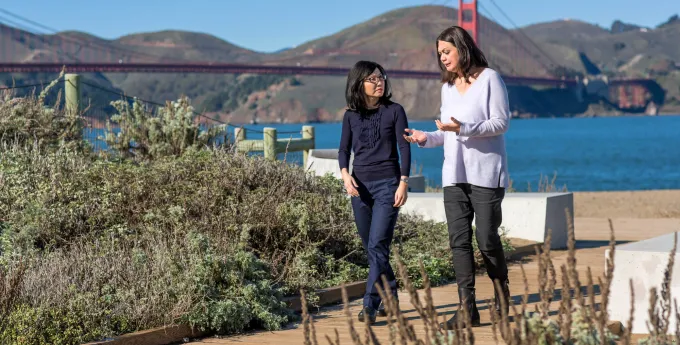 Photo by Tue Nam Ton ©
Photo by Tue Nam Ton ©
The Fund’s Directors announce that Jennie Lehua Watson, formerly vice president of special initiatives and communications, will serve as interim president of the Fund for two years. Cathy Cha, formerly program director for immigrant rights, is named vice president of programs and will become president of the Fund in January 2019. With a combined 30 years as key leaders with the Fund, Watson and Cha have played integral roles in its work to advance rights and create opportunities for all people.
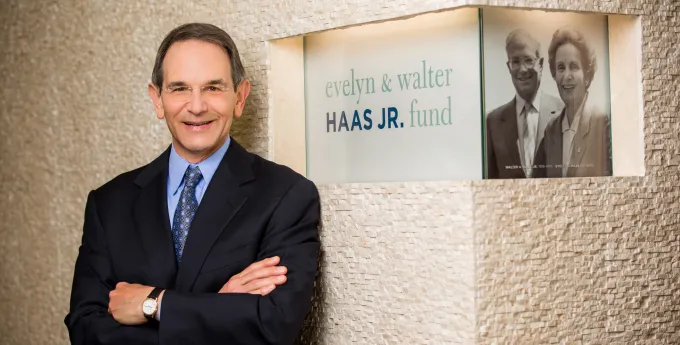 Photo by Charlotte Fiorito ©
Photo by Charlotte Fiorito ©
After 28 years leading the Fund, President and Director Ira S. Hirschfield steps down at the end of 2016. From the transformation of Crissy Field to the national campaign for marriage equality, Hirschfield played a key leadership role in major initiatives reflecting the Fund’s commitment to advancing rights and creating opportunities for all people.
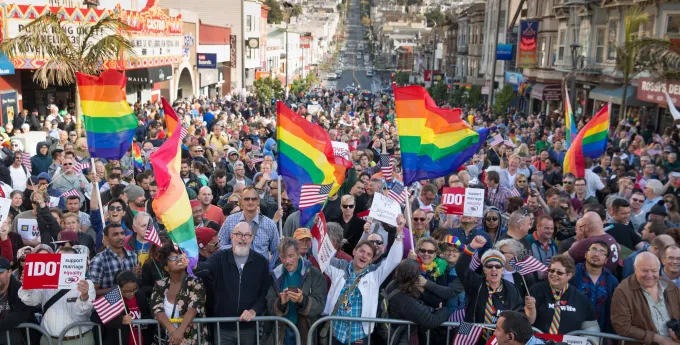 Photo by Charlotte Fiorito
Photo by Charlotte Fiorito
The Supreme Court legalizes marriage equality—the result of hard work by movement organizations and millions of people who changed hearts and minds. The Fund has invested $39 million in this historic work since 2001.
 Photo by Molly DeCoudreaux Photography
Photo by Molly DeCoudreaux Photography
The Power of a Good Idea follows the dramatic transformation of the San Francisco Unified School District in its bid to close achievement gaps by connecting PreK and elementary school education.
The San Francisco Beacon Initiative marks its 20th anniversary as a groundbreaking, citywide effort to create safe, vibrant afterschool places for kids and families. Former Haas, Jr. Fund Vice President of Programs Sylvia Yee and other “Beacon Pioneers” describe the initiative’s impact in a short video.
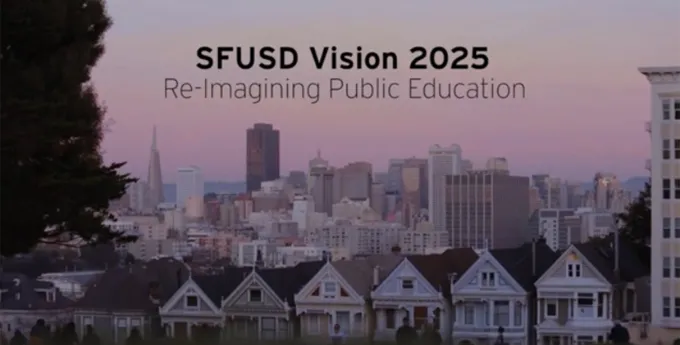
The San Francisco Unified School District, with support from the Fund, engages a broad range of city residents to jointly craft and implement Vision 2025, a bold plan for strengthening the city’s schools and improving life chances for all students.
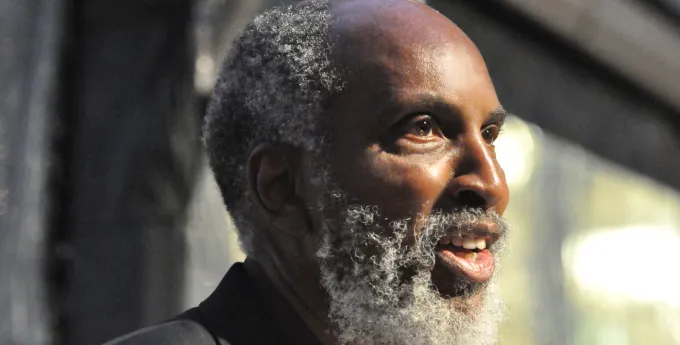 Photo by Peg Skorpinski ©
Photo by Peg Skorpinski ©
The Haas Institute for a Fair and Inclusive Society celebrates its opening on the UC Berkeley campus. Led by john powell, with ongoing support from the Fund, the Institute brings together researchers, organizers, stakeholders, communicators and policymakers to “identify and eliminate the barriers to an inclusive, just, and sustainable society.”
 Photo by Molly DeCoudreaux Photography ©
Photo by Molly DeCoudreaux Photography ©
The Fund partners with the San Francisco Unified School District and others to try to close the achievement gaps and raise the quality of education for all children in the city’s public schools.
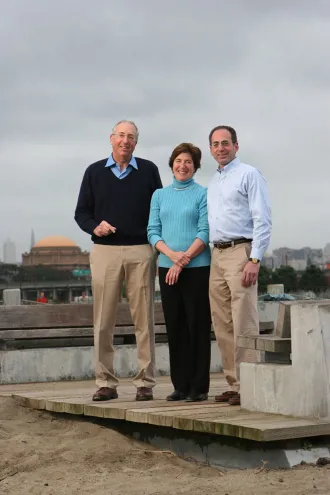 Photo by Michael Sugrue ©
Photo by Michael Sugrue ©
Fund leadership officially shifts from the founders to the second generation of the family. Now, Walter J. Haas serves as chair, Robert D. Haas as treasurer and Elizabeth Haas Eisenhardt as secretary.
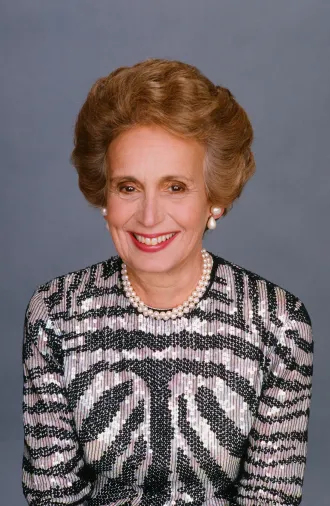
Evelyn D. Haas passes away on Feb. 3rd. Her friend, F. Warren Hellman, says, “There will never be another Evie Haas. She possessed such diverse talents that gave her the courage to accomplish new and sometimes daunting challenges with grace and dignity. San Francisco has lost one of its finest citizens.”

“The best idea we ever had,” writer and historian Wallace Stegner called our National Parks system. “Absolutely American, absolutely democratic, they reflect us at our best rather than our worst.” And just like America, the parks are forward-thinking, at once conservative and progressive, and, most importantly, open and belonging to all. They protect our natural beauty and preserve our culture and history.
In the end, the story of our National Parks is the story of America.
Ken Burns and Dayton Duncan explore this notion in the aptly-named film “The National Parks: America’s Best Idea,” supported with lead funding of $4 million to WETA from the Evelyn and Walter Haas, Jr. Fund. The 12-hour documentary series was broadcast on PBS in 2009, and was even previewed at the White House following President Obama’s trip to Yellowstone National Park and the Grand Canyon. Beginning with the birth of the National Parks in the mid-1800s, the film tells the stories of some of America’s most symbolic and beautiful sites, and the people that helped create and preserve them.
But the parks and their story have not always been shared equally. Yosemite park ranger Shelton Johnson, featured in the Ken Burn’s documentary, tells of the ongoing struggles to bring diversity to the National Parks. “Race is the core of this history, the heart of this history,” he told the San Francisco Chronicle in a 2009 article. “It’s bigger than just African Americans not visiting national parks. It’s a disassociation from the natural world.”
Race is the core of this history, the heart of this history. It’s bigger than just African Americans not visiting national parks. It’s a disassociation from the natural world.
Park Ranger Shelton Johnson
And so the Haas, Jr. Fund focused its support for the documentary on bringing the film to traditionally underserved communities and catalyzing a national conversation about the diverse people who helped shape our National Parks. The Fund provided PBS with its largest-ever grant for public outreach campaign, an unprecedented effort to bring the film to diverse communities. The campaign included lesson plans for schools, translation of the series for Spanish-speaking audiences, and grants for National Park sites and local PBS stations to launch their own outreach efforts.
Grants from the Fund were also used to research the “Untold Stories” of people of color who have had a significant impact on the Parks. This research produced a book, several mini-documentaries profiling people of color involved in the parks, and a 45-minute film, “The National Parks: This Is America,” telling the story of the National Parks idea through a diverse cast of historical characters, up to the present state of diversity in the parks.
The Haas, Jr. Fund believes all people should have the opportunity to experience the transformative power of nature, learn about the Parks’ rich history, and become future stewards of these sites. Closer to home, the Fund has made local investments supporting National Park sites in the San Francisco Bay Area at Crissy Field and the Presidio.
“The National Parks: America’s Best Idea” was awarded the 2010 Emmy for outstanding Nonfiction Series. In addition, Co-Producer Dayton Duncan received the Emmy for Outstanding Writing for Nonfiction Programming.
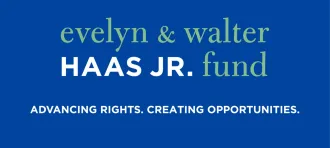
The Fund completes a strategic planning process, sharpening its focus in Gay and Lesbian Rights, Immigrant Rights and Integration and Nonprofit Leadership. It also adds a new program: Education Equity.
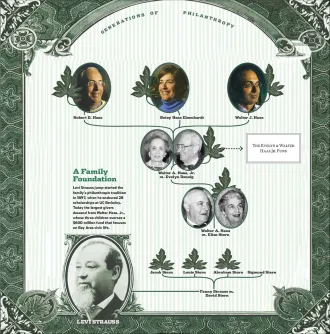
The San Francisco Chronicle interviews the Haas family about their approach to philanthropy and their commitment to transforming lives in the Bay Area.
 Photo by OLYMPUS DIGITAL CAMERA ©
Photo by OLYMPUS DIGITAL CAMERA ©
The Fund makes a $15 million challenge grant to help construct UC Berkeley’s Student Athlete High Performance Center, a state-of-the art facility that houses both sports training equipment and academic resources for student athletes.
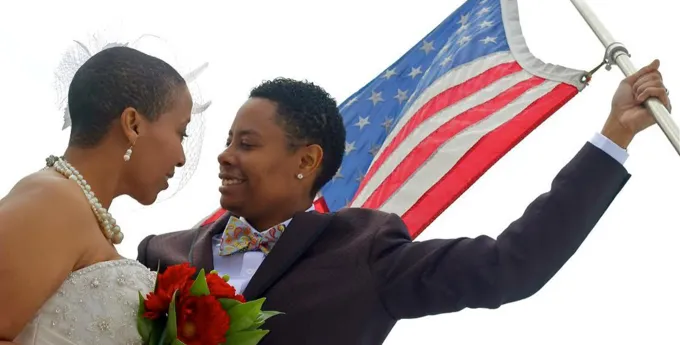
The Fund becomes a founding partner in the Civil Marriage Collaborative, which aligns the grantmaking of leading funders who support marriage equality.
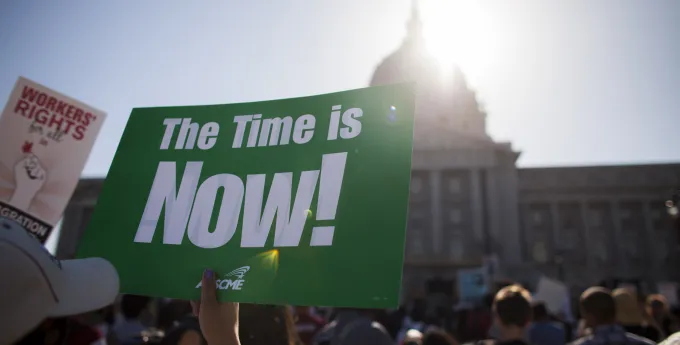 Photo by Theo Rigby ©
Photo by Theo Rigby ©
The Fund invests in direct services for immigrants, litigation, organizing and advocacy at the state and national levels.
 Photo by João Trindade
Photo by João Trindade
In 2003 the Evelyn and Walter Haas, Jr. Fund celebrated 50 years of grantmaking. We marked the occasion by honoring our grantees’ incredible work and awarding $5 million in unrestricted support grants to more than 110 nonprofits—half working on our key missions, and half providing critical help to the most needy in our community here in California.
We gave these grants as an expression of our respect for the strong leadership, determination and incredible talent of the staff and boards that power these worthy organizations. It’s been an honor being a part of the incredible work they do.
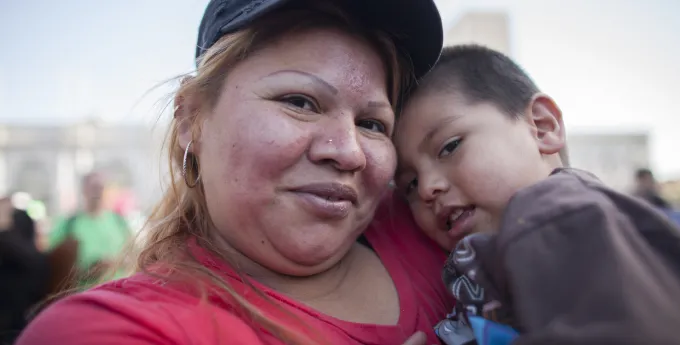 © Photo by Theo Rigby
© Photo by Theo Rigby
The Fund launches its Immigrant Rights program, part of the Haas family’s longtime tradition of helping immigrants—highlighted by Walter A. Haas, Jr.’s efforts to assist San Francisco Latinos employed at Levi’s.
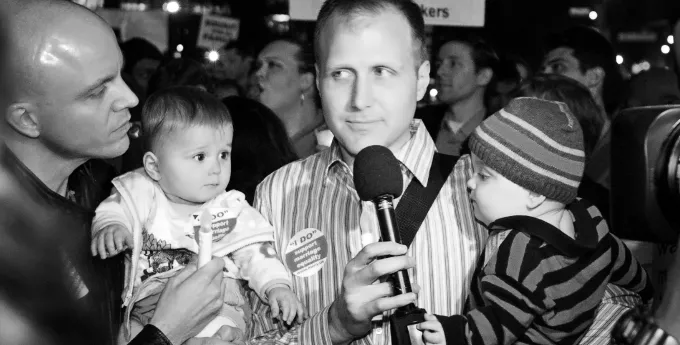 Photo by See-ming Lee
Photo by See-ming Lee
The Fund moves beyond local issues and supports state and national causes that reflect Bay Area concerns. The first step: establishing Freedom to Marry to catalyze the national marriage equality movement.
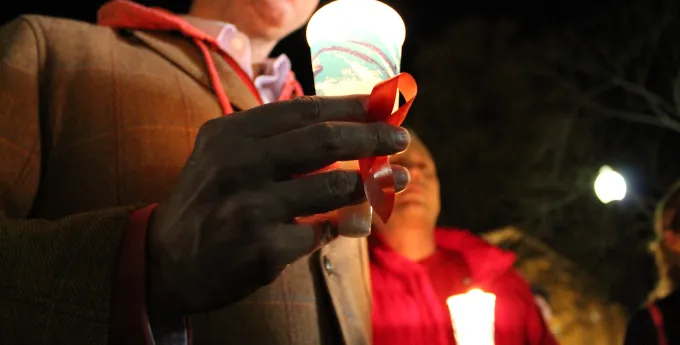 Photo by Elvert Barnes Photography
Photo by Elvert Barnes Photography
The Fund officially launches the Gay and Lesbian Rights program, issuing 29 grants in areas such as housing, anti-violence, school safety and HIV.
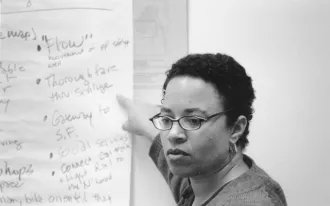
Fund directors approve a new grantmaking program for nonprofit leadership development.
 Photo by Steve Debenport
Photo by Steve Debenport
The Fund approves a Critical Assistance program, providing grants to Bay Area food banks, emergency shelters and other safety-net services.
The Fund’s Critical Assistance grants help support organizations in the Bay Area that provide emergency food and shelter to those in need. These organizations and programs help thousands of families get through difficult times that could happen to any of us. The Fund has provided nearly $18 million in Critical Assistance grants to support these efforts.
Long-time grantees like the Alameda County Community Food Bank and the San Francisco and Marin Food Bank, who have been our partners for more than a quarter of a century, help fight hunger by distributing food to families and individuals in need. Organizations such as Raphael House, a family shelter in the Tenderloin, help children and their families move from homelessness to stability. Project Open Hand runs food pantries and delivers meals and groceries to people living with HIV/AIDS and other critical illnesses. These organizations work, with love and respect, to help lift people out of crises.
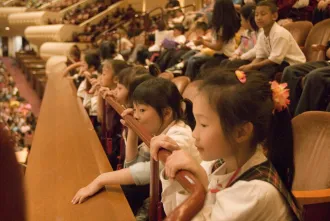
The Fund helps the San Francisco Symphony expand its national profile and make classical music accessible to more people, including kids. The centerpiece of the effort is Keeping Score, a multimedia project built around a nationally televised PBS series.
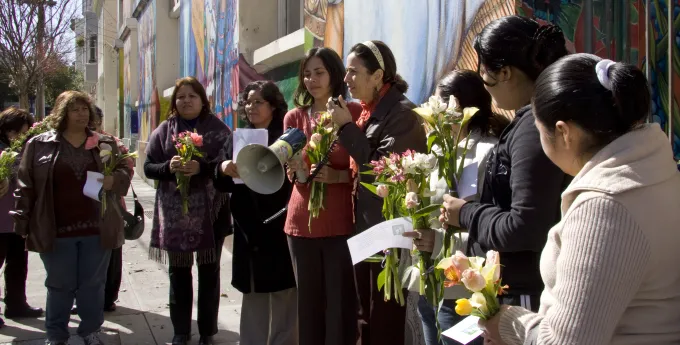
Fund directors approve a new priority: Promoting Diversity and Inclusiveness. This work leads to a focus on immigrant rights and gay and lesbian equality.
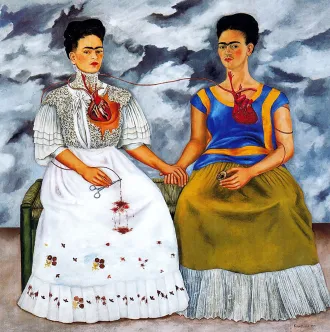 Photo by SFMOMA ©
Photo by SFMOMA ©
The San Francisco Museum of Art establishes the Evelyn D. Haas Exhibition Fund, which supports the museum to present major exhibitions with broad public appeal.
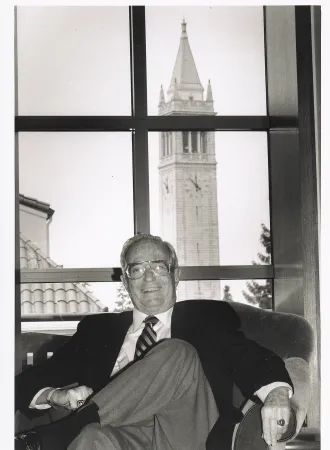
Walter A. Haas, Jr., passes away on Sept. 20th. Fund President Ira Hirschfield remarks in his eulogy, “This is a man who never forgot, not even for a day, how blessed he was, and how difficult life is for so many.”
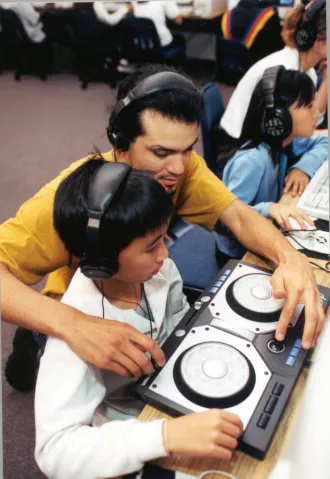
The idea behind the centers is simple: transforming public schools into safe spaces where children and parents can participate in enriching and healthy activities, while finding critical services and support to help them succeed. Housed in public school facilities, each Beacon Center draws on the resources of a citywide public/private collaboration to offer activities and services tailored for the students and families it serves. Open throughout the school day and beyond, these centers reach thousands of young people and their families each year.
The Haas, Jr. Fund helped found the Beacon Initiative in 1994, and since then has made grants totaling $4.2 million to help expand programming and ensure long-term impact. The Fund continues to work closely with the City’s Department of Children, Youth and Their Families, the San Francisco Unified School District and other private funders to provide leadership for the initiative, with the goal of expanding opportunity and prosperity in San Francisco’s neighborhoods.
In early 2018, the City of San Francisco announced that it was tripling City funding for the Beacon Initiative over a five-year period. Thanks to the City’s investments, the network of Beacon Community Schools will grow from nine to 27, serving nearly 15,000 students. The City’s investment will help ensure that Beacon centers will continue to serve children and communities for many years to come.
 Photo by Peg Skorpinski ©
Photo by Peg Skorpinski ©
The Fund makes a lead gift of $11 million to help rebuild UC Berkeley’s sports facility for student athletes. The Walter A. Haas, Jr. Pavilion affirms the university’s commitment to both academic and athletic excellence.
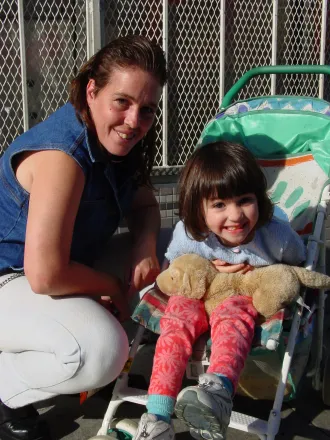
The Fund adopts Children, Youth and Families as a program priority. The focus: supporting efforts to help young people and their families in California to escape poverty and succeed. Fund grants go to afterschool programming, youth development and family support.
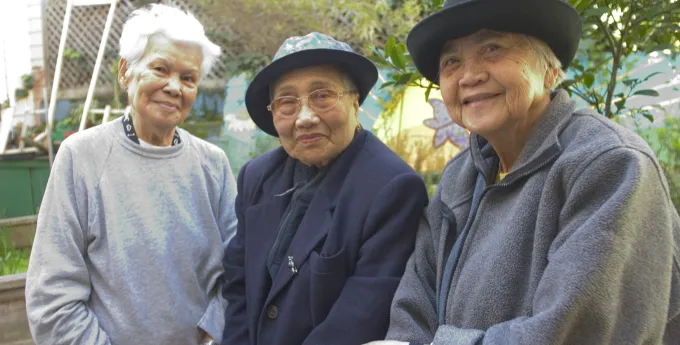
The Fund adopts four priorities for grantmaking: Children, Youth, Families and the Elderly; Strengthening Neighborhoods; Reducing Hunger and Homelessness; and Encouraging Volunteer Service and Philanthropy.
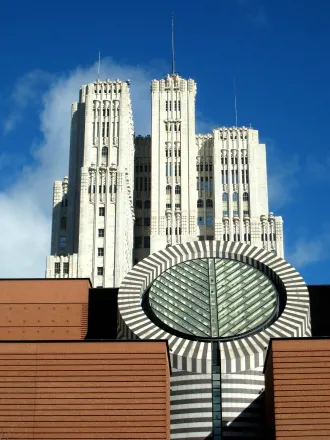 Photo by Meg Chang
Photo by Meg Chang
The Fund pledges $6 million for the construction of the internationally acclaimed San Francisco Museum of Modern Art building.
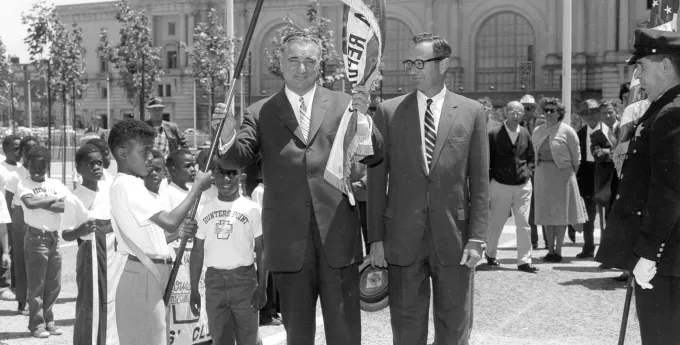
The Fund expands its grantmaking to support the elderly, youth, immigrants, equal opportunity, corporate social responsibility, and community initiatives such as hospitals.
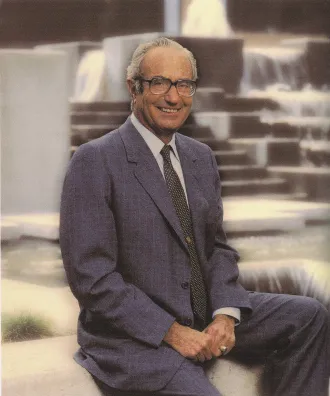
The great grand-nephew of Levi Strauss, Walter A. Haas, Jr., helms Levi’s and continues the family tradition of moral leadership, integrating Levi’s sewing factories in the segregated South. Asked about his family’s penchant for giving, he says, “It’s in the genes.”
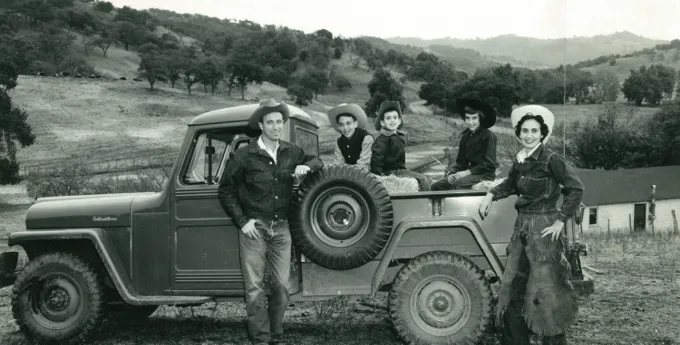
Walter A. Haas, Jr. and Evelyn D. Haas create a family foundation that serves under-resourced communities, educational institutions, and cultural organizations in the San Francisco Bay Area.